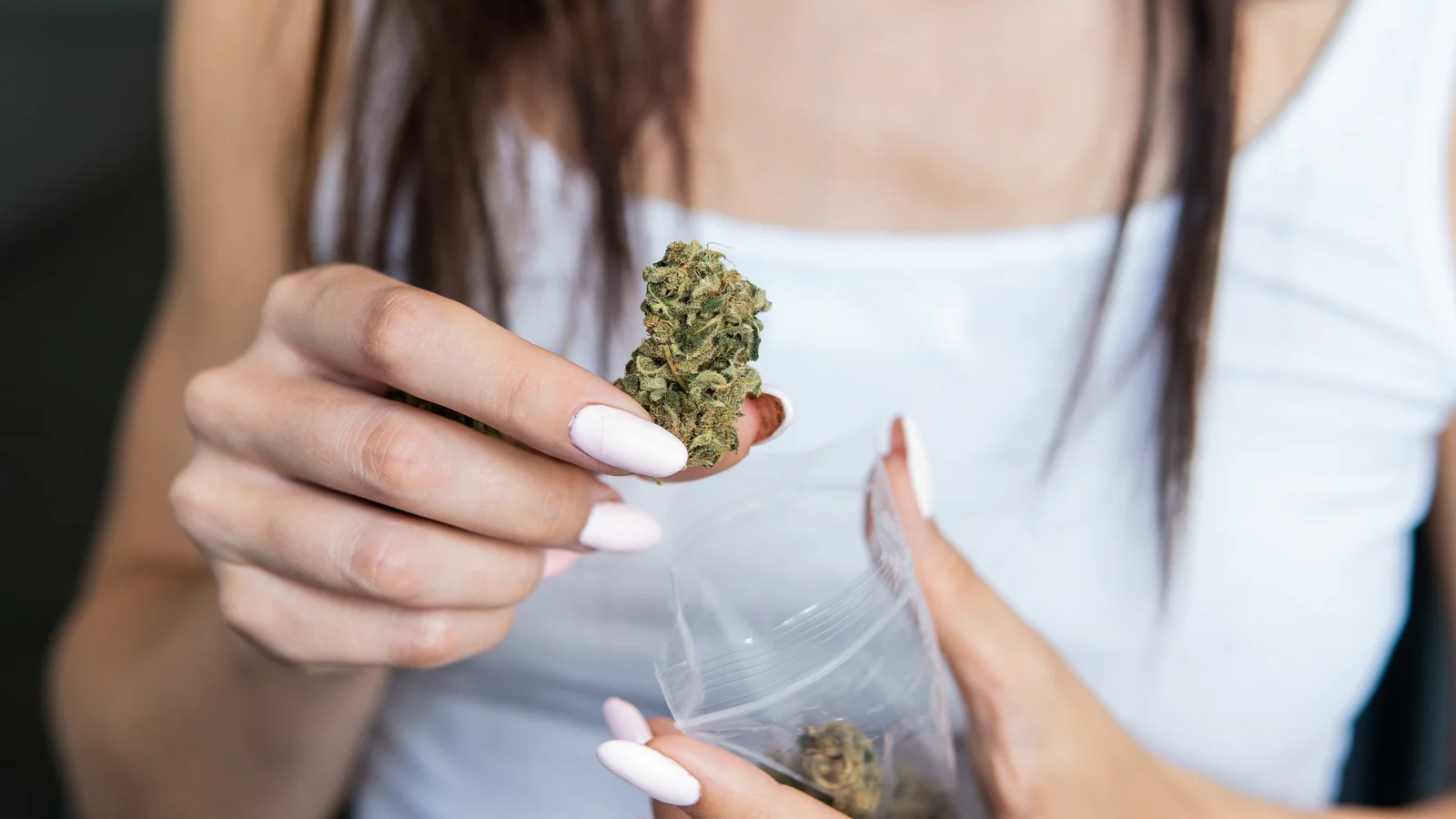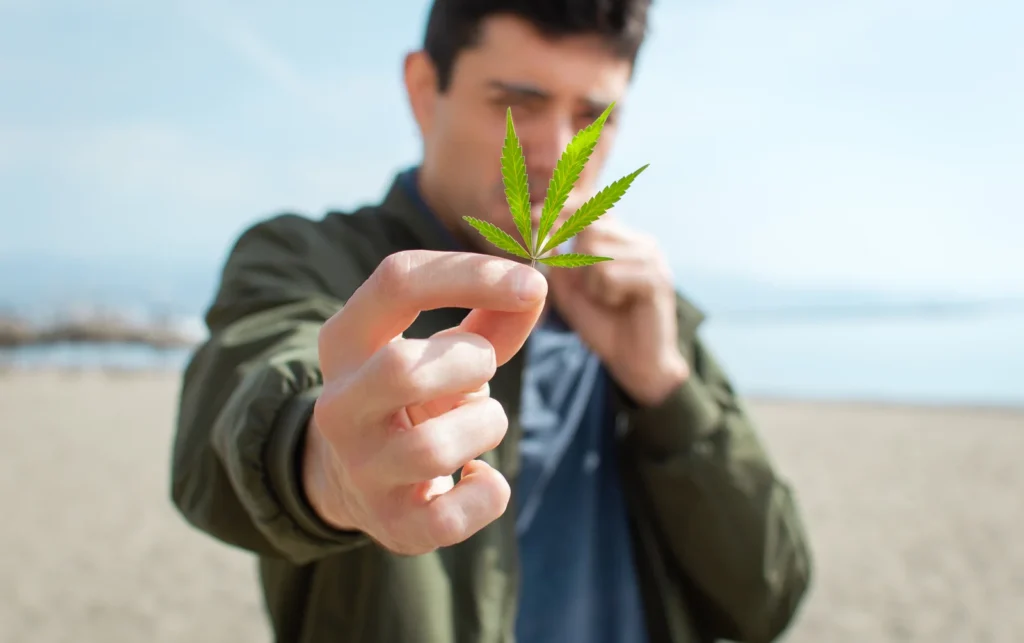
Industry
How Long Does Cannabis Stay in Your System? Testing Timelines Explained
Understanding how long does cannabis stay in your system is essential for various reasons, whether you’re managing personal health, navigating legal situations, or preparing for a drug test. This article explores the cannabis detection window, discussing factors that influence it and methods used to test for cannabis.
Cannabis Detection Window
Cannabis stays in your system for varying lengths of time, depending on several key factors, including frequency of use, body composition, and the type of drug test employed. Unlike alcohol, which leaves the body relatively quickly, cannabis metabolites can linger, making the cannabis detection window an essential consideration for anyone using it.

Testing Methods and Their Timelines
- Urine Test: This is the most common method used in drug screening for weed. For occasional users, cannabis may be detected in urine for up to three days. However, for regular users, it can be detected anywhere from one week to over a month.
- Blood Test: Although less common for routine drug screenings, a marijuana blood test can detect cannabis for a smaller window. THC is typically detectable in the bloodstream for 1 to 2 days. However, in chronic users, it might be detectable for a few more days.
- Saliva Test: This method is increasingly popular as it is less invasive. Cannabis can be detected in saliva for 1 to 3 days for occasional users and often longer for regular users.
- Hair Test: This method has the longest detection window, with cannabis metabolites being traceable in hair follicles for up to 90 days. This test is less common due to cost but provides a comprehensive overview of consumption history.
Factors Influencing Cannabis Detection
The cannabis detection window is not uniform for everyone. Factors such as metabolic rate, body fat percentage, and hydration level can significantly impact how long cannabis stays in your system. Enhanced metabolism can lead to quicker elimination of THC metabolites, whereas a higher body fat percentage can prolong it due to THC’s fat-soluble nature.
FAQs About Cannabis Detection
How does the frequency of use affect detection time?
Frequent use leads to a build-up of THC metabolites in the body, generally resulting in longer detection times.
Do detox products effectively shorten detection times for drug screenings?
While some detox products claim to cleanse the body, their efficacy is highly variable and often unsupported by scientific evidence.
Does the method of consumption impact how long cannabis stays in your system?
Yes, smoking, vaping, and edibles result in different metabolite levels and absorption rates, influencing detection timelines.
FAQs: How Long Does Cannabis Stay In Your System?
What factors influence how long cannabis stays in your system?
1. Frequency of Use
- Occasional Users: For those who use cannabis infrequently, it can generally be detected in the urine for 1 to 3 days after use.
- Regular Users: For those who consume cannabis more regularly (a few times a week), it can be detected for up to 7-21 days.
- Heavy Users: For daily users, THC can remain detectable for a month or more after the last use.
2. Body Fat Percentage
THC, the psychoactive compound in cannabis, is lipophilic, meaning it binds to fat cells. Individuals with higher body fat percentages may store cannabinoids for longer periods.
3. Metabolism
People with faster metabolic rates can process and eliminate THC more quickly. Factors influencing metabolism include age, gender, physical activity, and overall health.
4. Type of Cannabis Product Used
The potency and form of cannabis used (e.g., edibles, oils, or smoked flower) can affect how long it stays in your body. Edibles tend to linger longer than smoked cannabis.
5. Hydration and Diet
A well-hydrated body excretes cannabis metabolites more efficiently, whereas dehydration can slow down the elimination process. Diets high in fats can potentially retain THC longer, while diets rich in fiber may aid in faster excretion.

How does the body process cannabis?
When cannabis is consumed, its active ingredient, THC (tetrahydrocannabinol), is absorbed into the bloodstream. The liver metabolizes THC into various compounds, the most significant being 11-hydroxy-THC and carboxy-THC (THC-COOH). These metabolites are then stored in fat tissues and gradually released into the bloodstream, eventually being excreted through urine and feces.
How can one detox cannabis from their system faster?
- Increase Hydration: Drinking plenty of water helps dilute urine and may speed up the elimination of cannabinoids, although excessive water intake may alter test results if not consumed responsibly.
- Exercise Regularly: Engaging in regular physical activity can help burn fat, which may release stored THC into the bloodstream, facilitating quicker elimination. However, avoid intense exercise close to a test, as it may temporarily increase THC levels in the bloodstream.
- Balanced Diet: Consuming a diet high in fruits, vegetables, and lean proteins complements detox efforts. Foods rich in fiber support faster digestion and excretion.
- Detox Products: While some commercial detox kits claim to cleanse your system of THC, their effectiveness is varied and not always scientifically backed. It’s crucial to approach these products with skepticism and awareness.
- Time: The most reliable method for ensuring cannabis leaves your system is time. Allowing your body an adequate period to naturally metabolize and expel cannabis will yield the most genuine results.
In summary, various factors influence how long cannabis stays in your system, and the body’s processing of cannabis involves complex mechanisms. While drug tests have varying reliability, taking proactive steps like staying hydrated, exercising, and eating well may help expedite the detoxification process. Always be cautious of quick fixes and remember that time is often the best cleanser.
Conclusion
Cannabis detection windows vary significantly based on the testing method, frequency of use, and individual factors. While occasional users may clear cannabis from their system relatively quickly, regular consumers could find traces lingering for much longer. This guide provides a comprehensive understanding of how long cannabis stays in your system, equipping you with the knowledge to navigate medical, personal, and professional considerations associated with cannabis use.